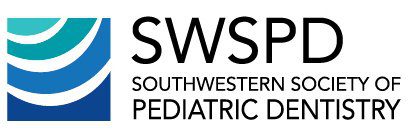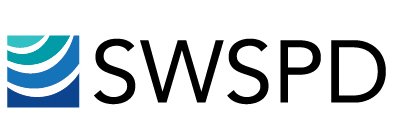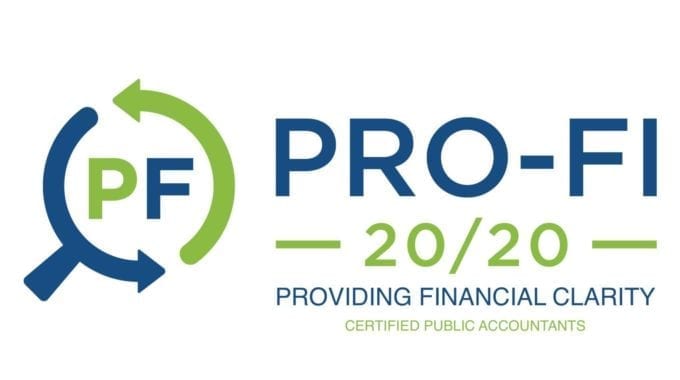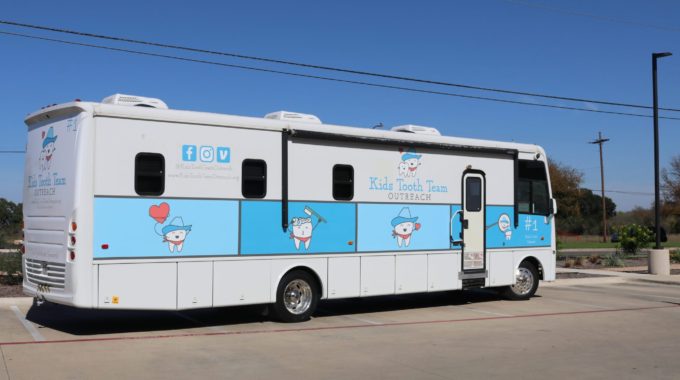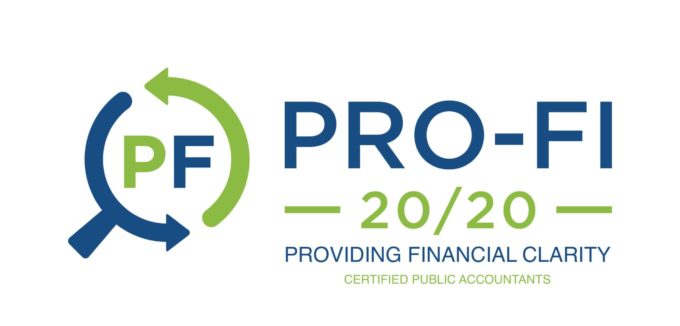
7 Proactive Year-End Tax Tips for Your Dental Practice
As Q4 approaches each year, dental practice owners should focus on what can be done to save taxes for both this year and next year. Most doctors and their reactive accountants wait until January rolls around, and by this time it can be too late to optimize your tax reduction strategies. It is often said that accountants come in and count the bodies after the war is already over. Let’s look at some strategies to bring you a more preventative approach to your business tax planning:
- Review business entity structures – in many cases a dental practice will begin as a Sole Proprietor (Schedule C) for tax purposes until it proves its revenue ability. In some cases, practices are still filing as C-Corps that were advantageous under the Reagan administration. And in most cases today it makes sense to determine the tax savings of electing to file as an S-Corporation. This election can be made at any point in the calendar year, even made retroactively, so it’s worthwhile to ask your CPA to show you the payroll tax savings potential for both this year and next year.
- Review Section 179 depreciation deduction options – if you need any equipment added to your practice that can help generate more revenue, you may be able to immediately write all of it off before year-end. Ask your CPA if you have enough tax basis in your business to write off all of the asset value before making the purchase. To take advantage of this deduction, the equipment must be put in-force in your business by December 31st.
- Prepay some of next year’s known expenses – you can accelerate deductions this tax year by prepaying for some of next year’s known expenses before December 31st this year. You’re allowed to prepay up to 10 months of rent and deduct it this year. If you know you will have lab & supply bills next year, you can send your vendors a “pre-payed tab” or next year and deduct it this year. Anything ordered or charged on a credit card can be expensed this year, so you do not necessarily have to part ways with your cash immediately in order to take advantage of the tax write-off.
- Take advantage of The Masters this year – I bet that one got your attention! Well, you may not be able to write off greens fees in a dental practice, but thanks to The Masters and Augusta, GA residents, you can earn tax-free income by renting your personal residence or vacation home to your dental practice, for up to 14 days per year, to use for staff retreats or trainings, leadership meetings, or employee reward trips. Rent paid by the practice will be a tax-deductible expense to the business, and per Section 280A(g) of the tax code up to 14 days of rental income can be received tax-free to you personally. It’s known as “The Augusta Rule” or “The Masters Rule.” Look it up.
- Consider Cost-Segregation – if you own your dental office building, or if you did any remodel/renovation/tenant improvement, this could be one of your largest tax deductions ever. If you do nothing, you get a standard depreciation deduction on commercial real estate spread over 39 years. But the IRS has acknowledged that not everything in a building last 39 years (carpet, drywall, wiring, etc.) and have classified different materials/components that can be depreciated as fast as 5, 7, or 15 years. So, you can accelerate the depreciation on materials instead of spreading them out over 39 years.
- Put your kids on payroll – the IRS says you can employ children Age 6 or older through your business. Each year, consult with your CPA on the updated annual limit children can earn tax-free in exchange for services actually provided, such as using their pictures in marketing materials, cleaning your office, etc. You can then use this tax-free money to fund college savings, private school tuition, or a ROTH IRA for kids.
- Review retirement plan options – this tip is listed last because it is our belief that your dental practice is a better bet than Wall Street, and you should always make the proper investment into your business before looking to invest in the stock market. Investing in your business can get you the same tax deduction as investing in any pre-tax retirement plan, and very likely a greater, more-predictable return. If the business is in a healthy cash flow and cash-on-hand position, you may want to seek advice on some of the larger retirement plan strategies beyond the typical 401(k), profit-sharing, SIMPLE IRA plans. Seek advice from both your CPA and an investment advisor who can prove his or herself as an expert in more sophisticated retirement plan strategies like Defined Benefit Pension Plans, premium financing strategies, or insurance captives.
It’s always most important to not let the tax tail wag the investment dog. In other words, don’t invest in something, or purchase equipment, or deploy any strategy for the sole purpose of avoiding taxation. Each decision needs to be made with the business financial health and future growth in mind. And if you are not receiving this kind of advice proactively from your CPA, it’s time to rethink the value of your relationship, and give Pro-Fi 20/20, CPAs a call at (404) 495-4895.


Chris Sands & Brent Saunier, CPA are the founders of Pro-Fi 20/20, CPAs, a Dental CPA firm that empowers dental practice business owners to make sound business decisions that position them for growth and financial success. Harnessing a team of certified public accountants, tax strategists, and business advisors with more than 30 years combined experience, Pro-Fi 20/20 is positioning itself to become the new authority in tax & accounting advice for the dental industry, serving practices in 37 states from solo practitioners to multi-location DSOs.
To learn more, visit www.profi2020.com
